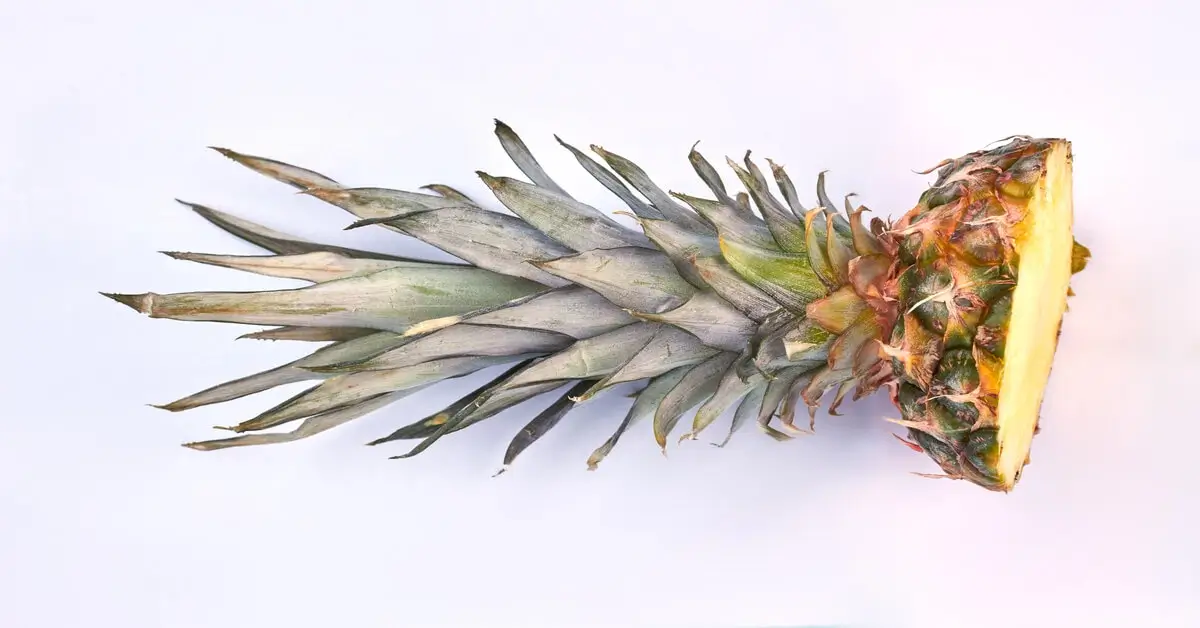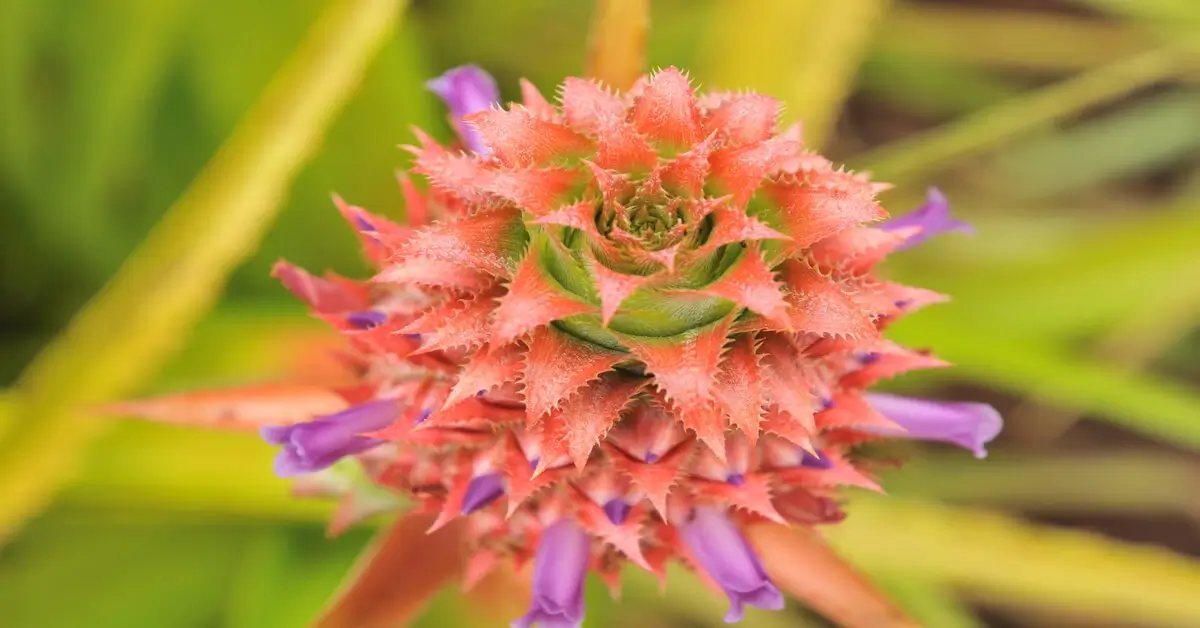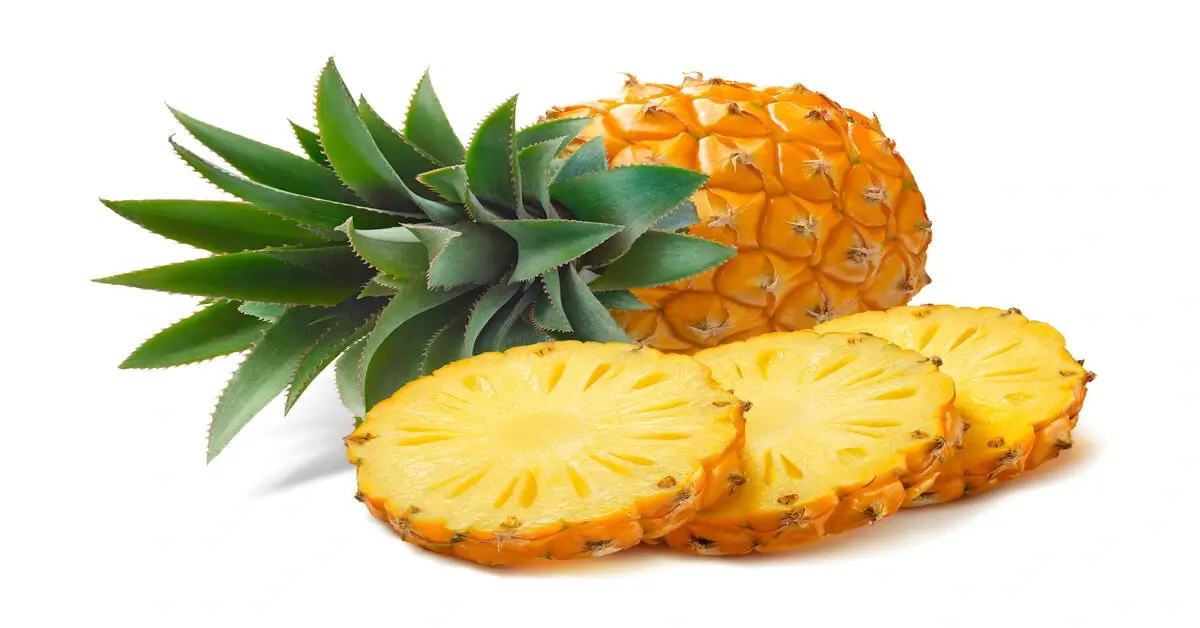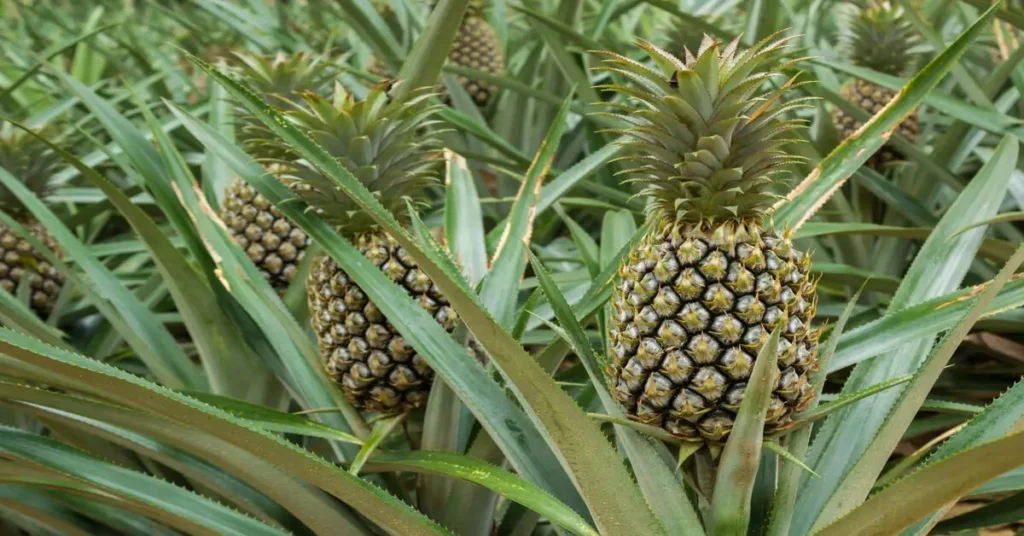Growing a pineapple plant is a gratifying experience, offering the chance to enjoy the delectable taste of homegrown tropical fruit. From the vegetative to the ripening stage, each stage of the pineapple growth cycle is unique and intriguing.
Understanding Pineapple Anatomy
Unlike many fruits, the pineapple plant does not originate from a seed. Instead, new plants are usually cultivated from a mature pineapple’s leafy top, known as the crown. Pineapple plants can also produce offshoots or suckers, a process known as vegetative growth.
Pineapple Growing Stages
1. The Crown

The journey often begins with the pineapple top or crown when growing a pineapple. This leafy top contains the growth point and is typically planted in well-draining soil. Root growth is paramount at this stage, and ensuring the plant receives appropriate care will foster a healthy root system.
2. Vegetative Growth
As the pineapple plant matures, the focus turns from root to leaf growth. Over time, new pineapple plants sprout from the center of the plant, forming a rosette pattern. At this stage, growers must provide optimal conditions, including ample sunlight and regular watering, to ensure healthy growth.
3. Flowering

A crucial pineapple growing stage is the emergence of the flower. Each pineapple flower is a cluster of tiny purple or scarlet flowers with three fleshy sepals and petals. Remarkably, these numerous individual flowers combine to form the pineapple fruit.
4. Fruit Development
Once the pineapple plant flowers, the fruit begins to develop. The flowering to fruit development process can take approximately five months. Pineapple is a fusion of these many tiny flowers that grow around the base of a stalk.
5. Maturation
As the pineapple matures, growers must pay close attention to signs of ripeness. Unlike some fruits, pineapples don’t continue to ripen after harvest. Hence, determining the right time to pick the fruit is critical. A ripe pineapple will have a fragrant smell, and the base of the fruit will have a slight give when gently pressed.
6. Harvest

Finally, the pineapple is ripe and ready for harvest. The time from flowering to harvesting can take up to 5 months, but the wait is worthwhile. After harvesting, the plant may produce new shoots that grow at ground level, called suckers or offsets, which can be planted to produce new pineapple plants.
7. Post-Harvest
After harvest, the plant can continue to produce suckers, which a grower can choose to cultivate. By replanting these suckers, the cycle of pineapple growth stages begins anew, ensuring a continuous supply of this delightful tropical fruit.
Growing pineapples outdoors or indoors is challenging. However, understanding these stages and providing the plant with adequate care can lead to successful growth and a rewarding harvest.
Conclusion
The life cycle of a pineapple plant is an intriguing process, from the initial planting of the crown to the harvest of the ripe fruit. With knowledge, care, and patience, anyone can enjoy the satisfaction of growing their pineapples.

